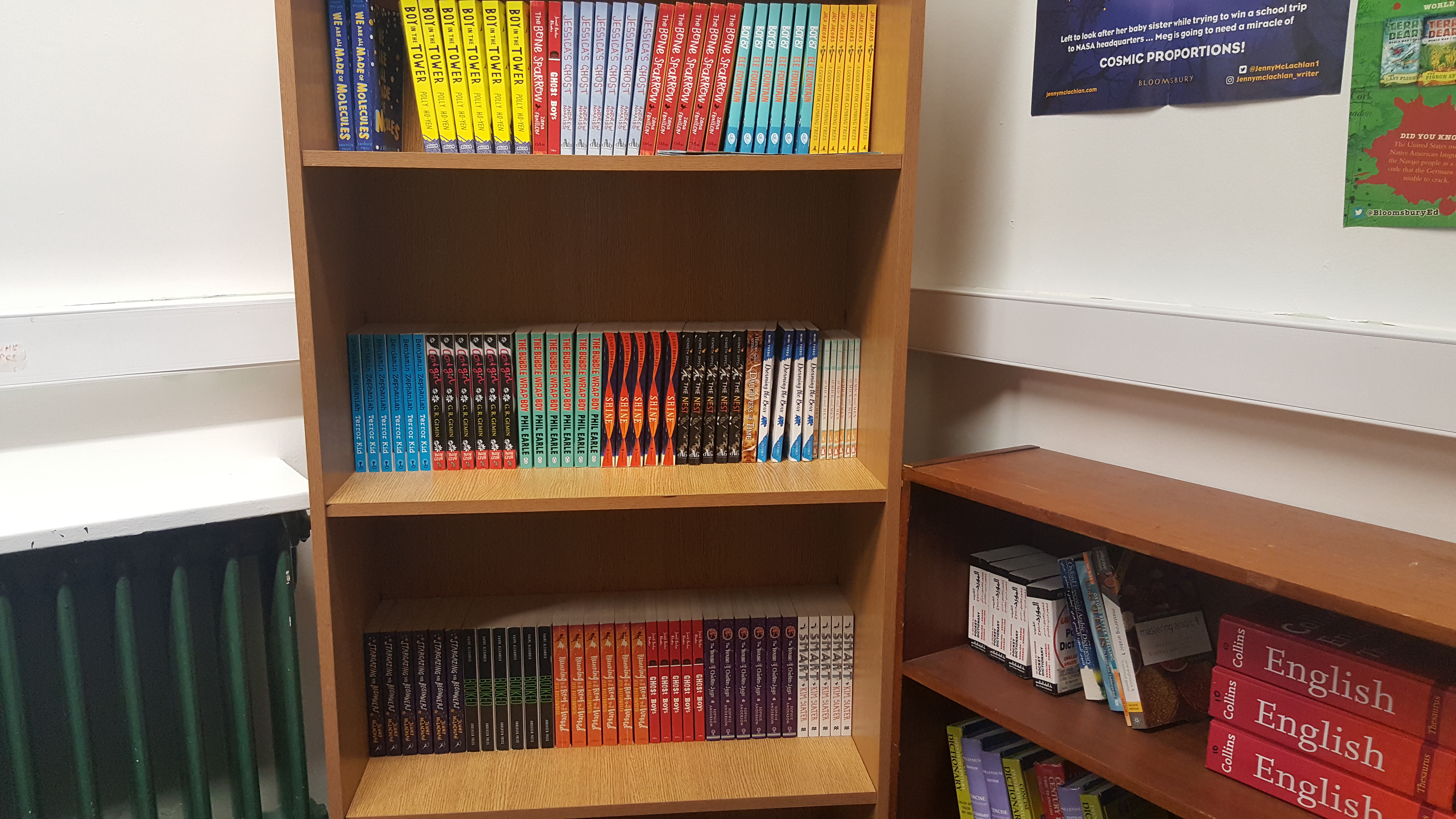
Our ‘curriculum’ is all the planned activities that we organise in order to promote the learning and personal growth and development of all students, regardless of their backgrounds, strengths and needs. It includes not only the formally taught curriculum, and the range of extra-curricular activities that we organise in order to enrich the experience of our students; it includes also the ‘hidden curriculum’, or what students learn from the way they are treated and expected to behave.
Our curriculum is guided by the principles of intent, implementation and impact.
Our Curriculum Intent
At Excellence Girls Academy, our curriculum intent is centred on our motto; learners today – leaders tomorrow.
We strive to deliver a knowledge-rich, high level academic and moral education in a safe and secure learning environment in which all pupils can achieve their full potential. We aim to develop in our students; the discipline to persevere; the aspiration to excel; the respect for all and the teamwork to prevail; all of which we believe are qualities essential for lasting success.
In order to achieve this, our curriculum intent is steeped in the following three principles:
- Excellence in education
A broad, balanced and ambitious curriculum that supports and challenges all students, regardless of background or ability, to achieve the knowledge and skills they need for later life, as well as enabling them to acquire a curiosity and enthusiasm for learning and an appreciation of human creativity and achievement.
- Excellence in character
Learning experiences that build self-esteem and confidence and instil values of discipline, aspiration, respect and teamwork, inspiring students to become the best person they can be.
- Excellence in the community
Enrichment opportunities that will enable students to make a positive contribution to both the school and to our local community and beyond, preparing them to take up roles and responsibilities as adults and citizens of a global society.
These core elements will facilitate our students’ intellectual, personal and social development.
Curriculum Implementation
Our curriculum is based on the National Curriculum to ensure depth, breadth and ambition.
Its coverage is supported by quality schemes of work that evidence coherent progression from one educational stage to the next across all year groups so that students make strong progress and acquire knowledge progressively.
At all key stages, our formally taught curriculum has a strong focus on core subjects (English, Maths and Science), making up approximately half of the curriculum (as shown below), but also offers a range of other foundation subjects, as well as Quranic Studies and Islamic Studies, which promotes Spiritual, Moral, Social and Cultural Development.
Curriculum Structure
The pie chart below represents the time allocated to each area of our timetabled curriculum across all key stages.
- English
- Maths
- Science
- Languages
- Humanities
- Technical & Creative Ed.
- Physical Development
- Enrichment
- Islamic Education
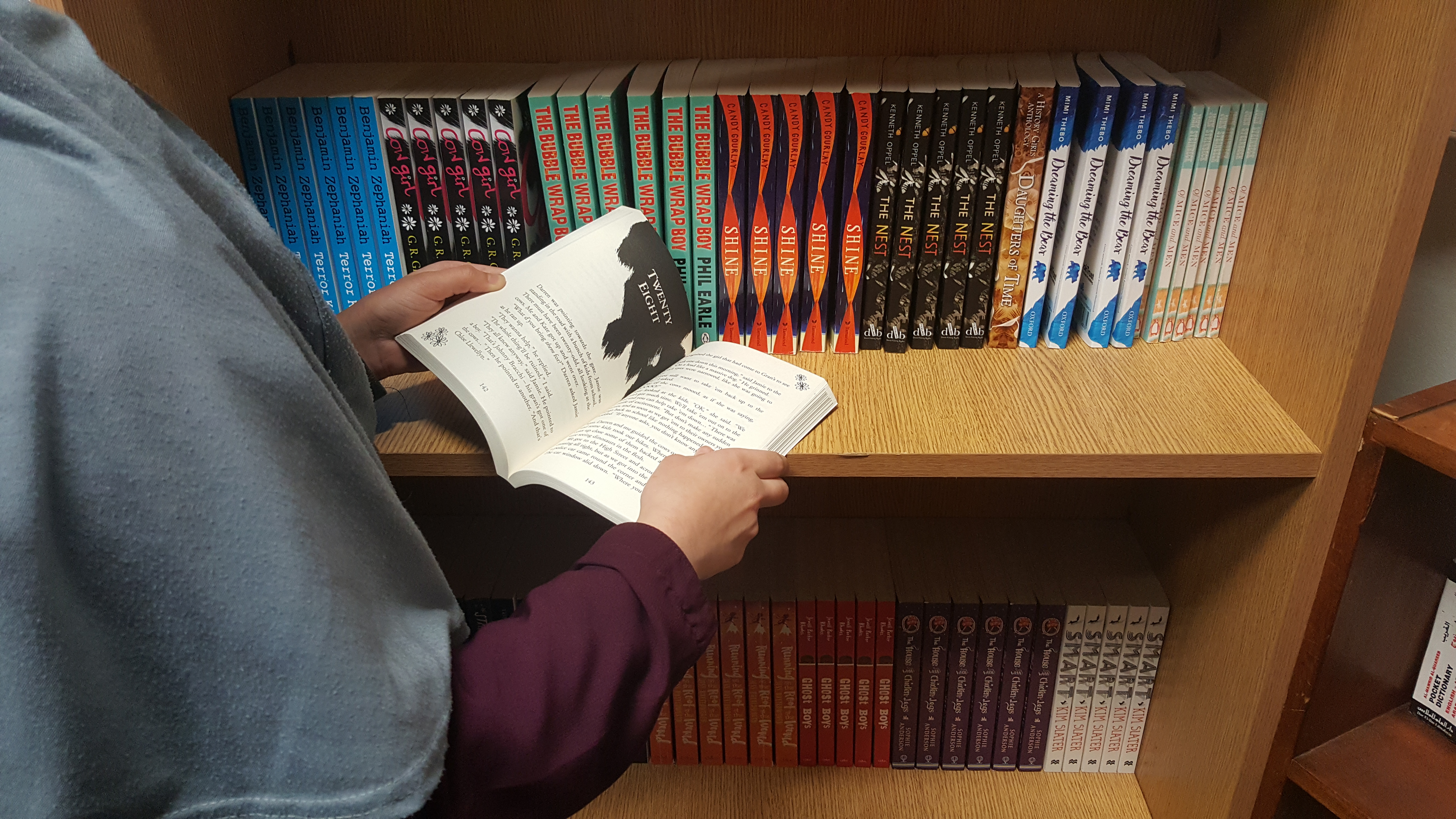
Literacy and communication skills are established across the curriculum as a core skill, developing that which is taught through English Language and Literature, as well as through Arabic and Urdu.
Numerical and mathematical skills are also developed across the curriculum as a key skill that enhances employability and supports attainment and includes a focus on the application of Mathematics in everyday life.
There is an emphasis placed on greater depth of knowledge and understanding in Science, the history of scientific thought and how everyday science is applied.
Our comprehensive Relationships, Sex and Health Education (RSHE) curriculum is offered across all key stages as well as Religious Studies and Islamic studies programmes. RSHE will include a focus on healthy body and healthy life; self-awareness; risks such as sexual exploitation, unsafe use of the internet and extremism.
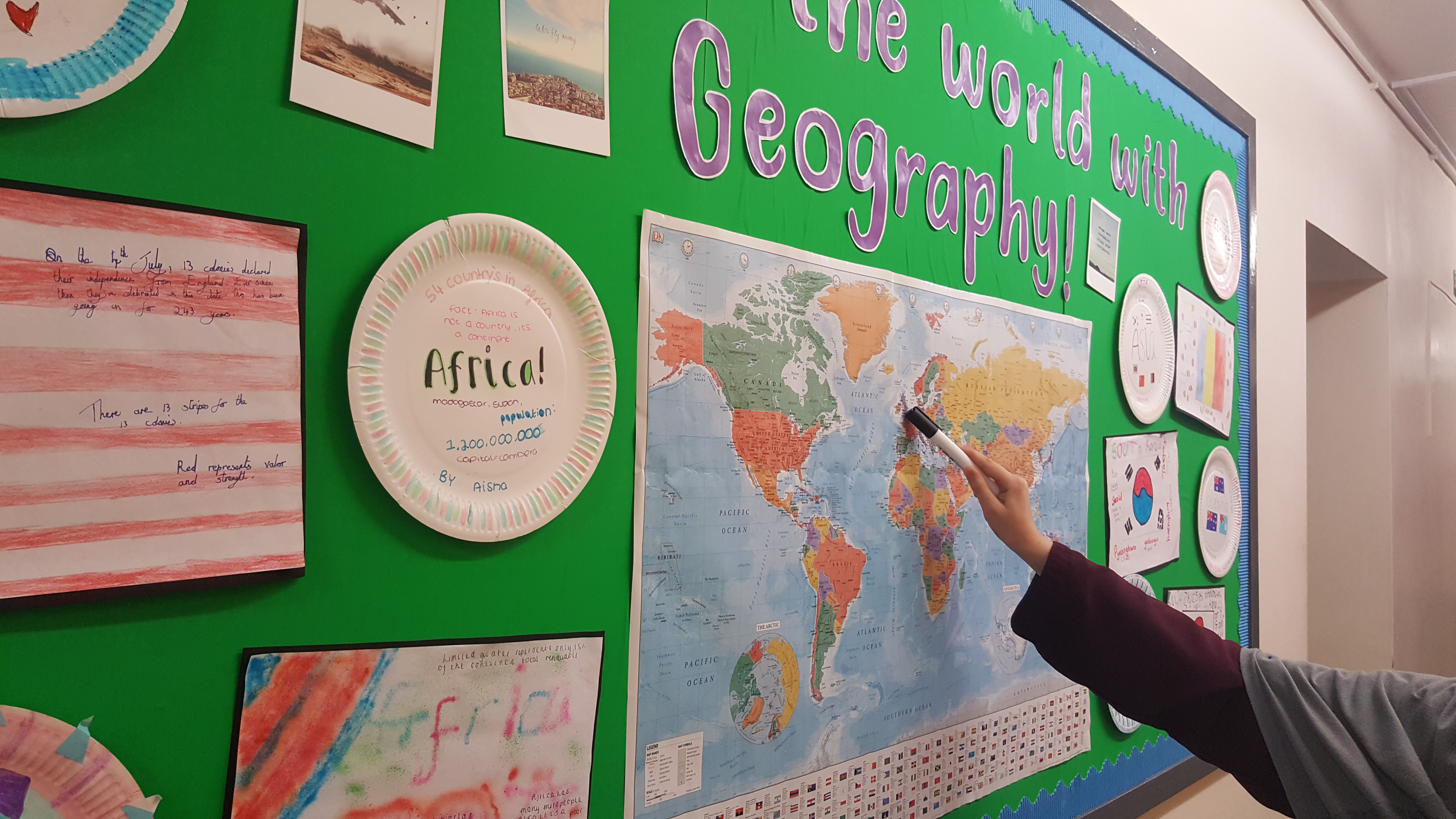
Humanities, comprised of Geography, History, Citizenship and Religious Studies, gives students a sense of curiosity and eagerness to learn more about the world in which we live and underpins the school’s drive to develop exemplary citizens who hold an appreciative understanding of British history, promote fundamental British values and challenge all forms of discrimination and extremism.
Religious Studies also gives an understanding of the beliefs and practices of major world faiths, such as Islam, Christianity, Judaism, Buddhism and Hinduism, as well as understanding the nature of faith itself and respecting those of all faiths and none. Islamic Studies and Quranic Studies gives students a deeper understanding of the faith in line with the school’s ethos.
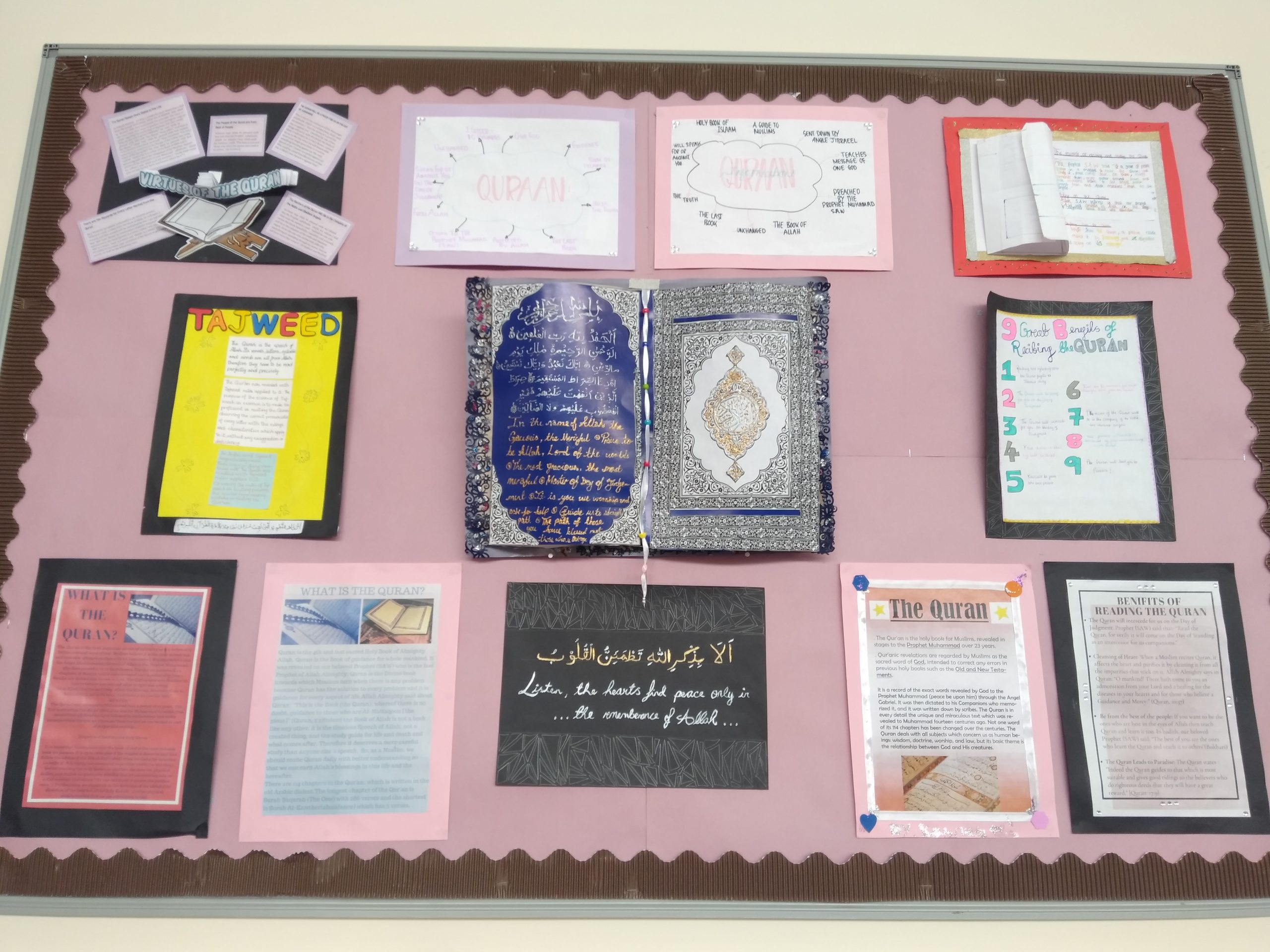
Technical and creative education is provided through Art up to GCSE and ICT at Key Stage 3, allowing students to explore and express their creativity.
Within our Art curriculum students become global citizens by developing cultural capital understanding of the wider world. This is taught through a range of artists and creative techniques. Where feasible we use this as an opportunity to draw links with other subjects. Students will also understand the historical and cultural context of the artists that they are studying. For students to aspire to be masters in art, we instil an ethos of practice makes “better”. Making mistakes is a positive and creative process. Finding yourself as an artist is apart of mastery. Through experimentation with different materials and techniques. In turn developing an intrinsic process of creating art by mastering meta cognition. This mistake embracing aspiration is particularly pertinent for our SEND and PP community, asstudents come to find themselves as artists.

The Citizenship curriculum for KS3 and beyond, builds on fostering and understanding our British society, as well as learning on careers, money, industry and economics. This will also develop knowledge of the public institutions and services in England and abroad, and an understanding of different cultures and faiths.
The health and well-being of students is also encouraged through the provision of Physical Education (PE) for all students. Sport and exercise have obvious physical and mental health benefits but also teaches teamwork, leadership, focus, competitiveness and discipline – all qualities which are important to produce the confident, inspiring leaders of the next generation. There is a role in sport and exercise for everyone so we encourage all girls to try all areas to find where their passions and talents lie.
| KS3 (Years 7-9) | KS4 (Years 10-11) | |
| English | English Language | |
| Reading | English Literature | |
| Maths | Maths | |
| Science | Science (Combined) | |
| French/Urdu (Option) | Arabic/Urdu/French (Option) | |
| Geography | Geography (Option) | |
| History | History (Option) | |
| Citizenship | Citizenship | |
| Religious Studies (RS) | Religious Studies (RS) | |
| Information & Communication Technology (ICT) | ||
| Art | Art (Option) | |
| Physical Education (PE) | Physical Education (PE) | |
| Relationships, Sex and Health Education (RSHE) | Relationships, Sex and Health Education (RSHE) | |
| Islamic Studies | Islamic Studies | |
| Quranic Studies | Quranic Studies |
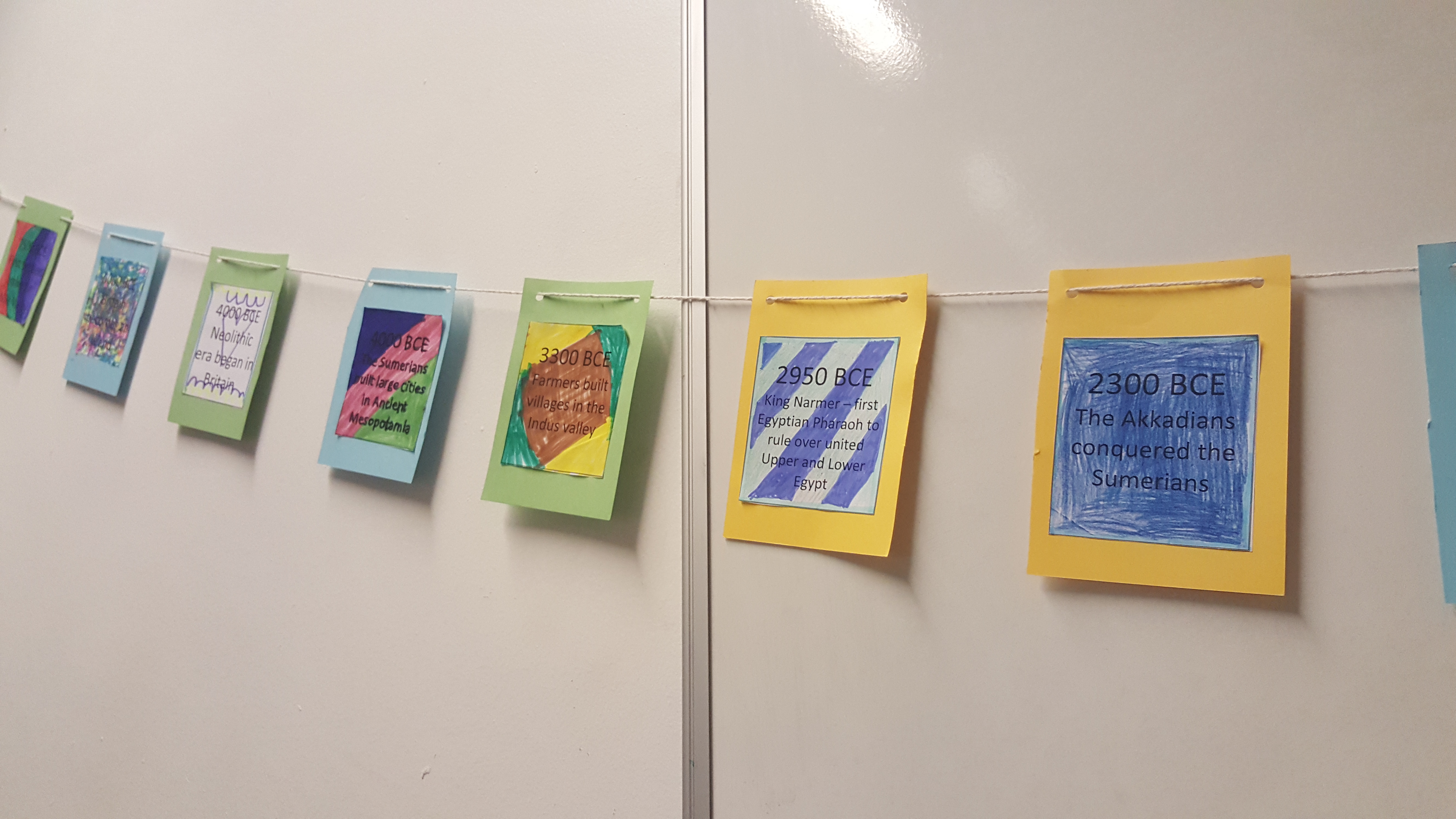
In Key Stage Three (KS3):
- All pupils follow a traditional model of study, which involves a broad and balanced range of core and foundation subjects, based on the National Curriculum.
- Pupils are offered extra time for English and Mathematics where necessary. The focus is to support pupils with literacy and numeracy to provide a solid foundation for further study.
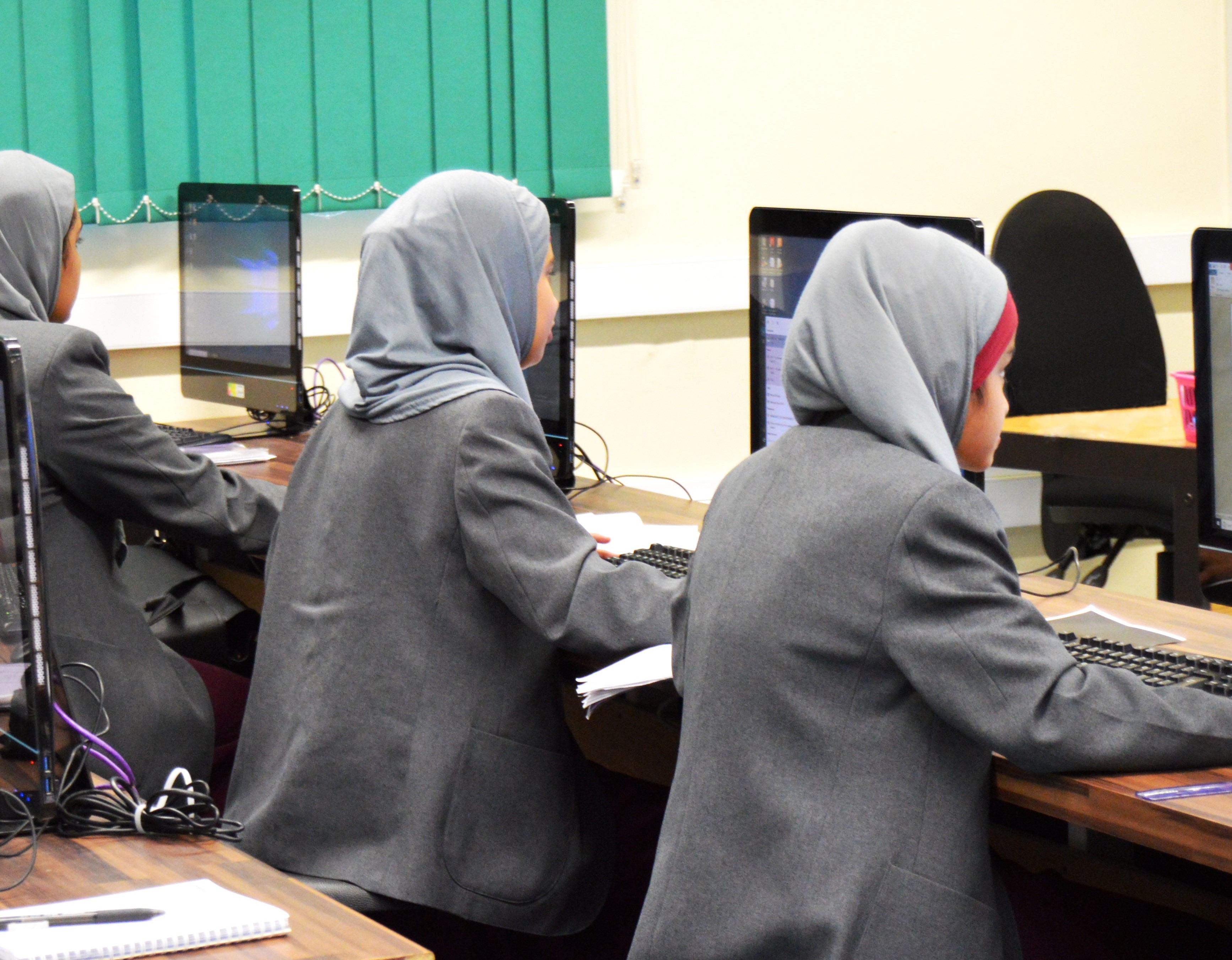
In Key Stage Four (KS4):
- Most pupils follow a combination of subjects which will enable them to achieve the English Baccalaureate and will sit GCSEs in year 11.
- Pupils are offered extra time for English and Mathematics where necessary. The focus is to ensure that every pupil makes above expected progress in English and Mathematics.
- A small number of students may undertake an alternative vocational pathway. This pathway will be a targeted pathway which will ensure SEN pupils, including those supported with an EHC Plan and those newly arrived, are supported in their learning to ensure they make the rapid progress.
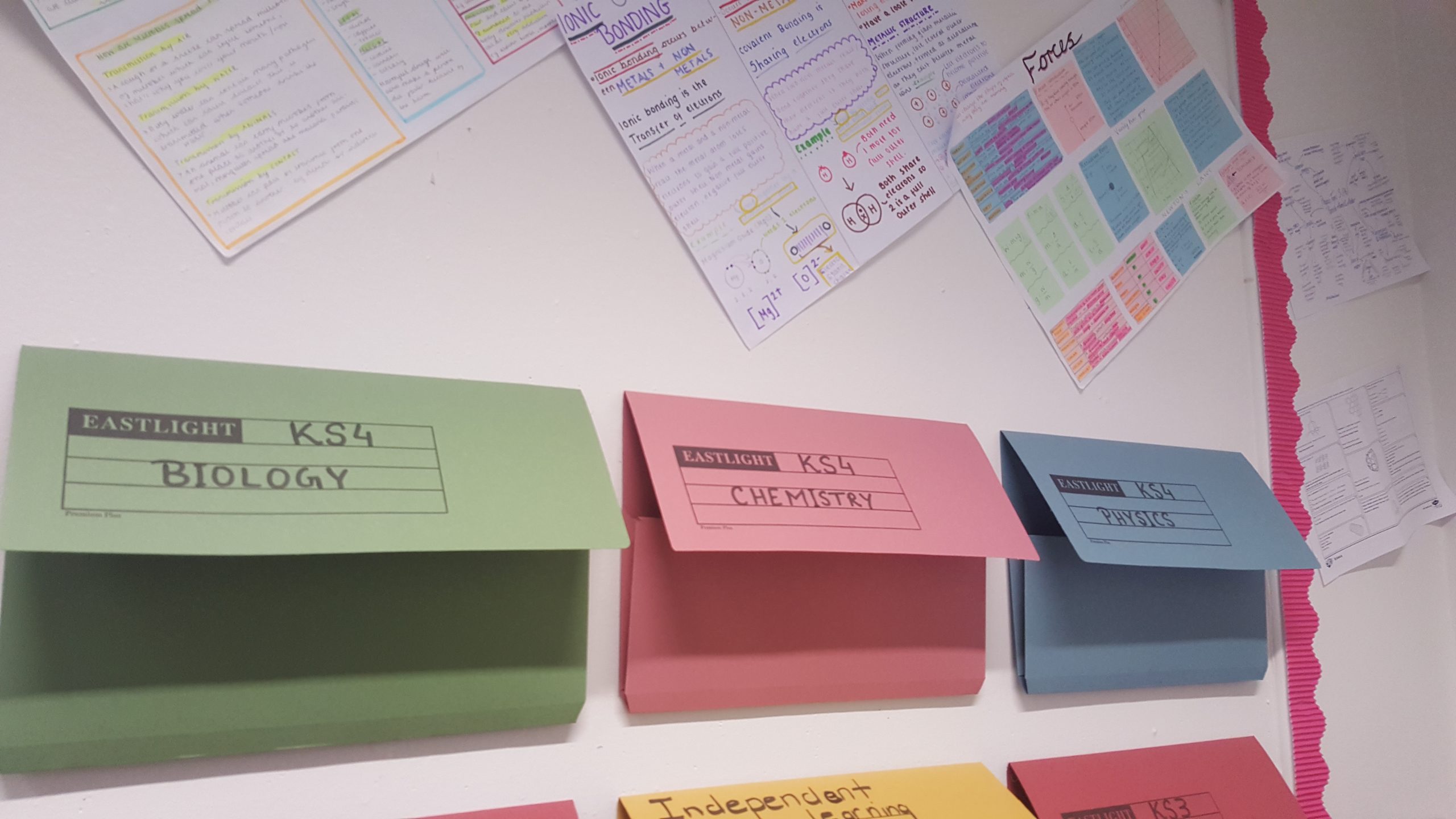
Across our curriculum:
- Our motto is engrained across our curriculum, through all subjects and all age groups. We place great importance on independent learning; we encourage all our students to become independent learners and develop leadership through opportunities such as the school council and eco-council; fundraising and enterprise leaders.
- Pupils learning is supported through quality-first teaching (teacher-driven) and ‘flipped’ learning activities (pupil-driven) so that all pupils can develop their vocabulary and access the curriculum effectively.
- An emphasis on recall and retrieval enables our students to embed key knowledge in their long-term memory so that they can apply it fluently.
- Our teachers have the appropriate abilities to plan and deliver the curriculum and the appropriate resources to meet the curricular needs of the pupils. They set tasks that are specific to the pupil’s abilities and needs and enable each pupil to succeed and progress to higher levels of achievement.
- Lessons are differentiated to ensure that pupils are sufficiently challenged and they are encouraged to engage in independent learning during lesson time and as part of their homework activities.
- Appropriate procedures are in place for the assessment, monitoring, and recording of pupils’ achievements.
- Our school’s values and fundamental British Values of democracy, rule of law, individual liberty and tolerance and mutual respect are promoted throughout the school and in lessons, such as through holding votes, engaging in debates and other project work.
- Our students benefit from deep learning through direct experiences and outside visits as part of planned extra-curricular and enrichment activities.
- Character development is promoted through our pupils participating in an enrichment programme involving sports, creative arts or other engaging projects within school or the wider community, all of which help pupils develop key personal skills and aptitudes and build confidence, as well as promote our school values.
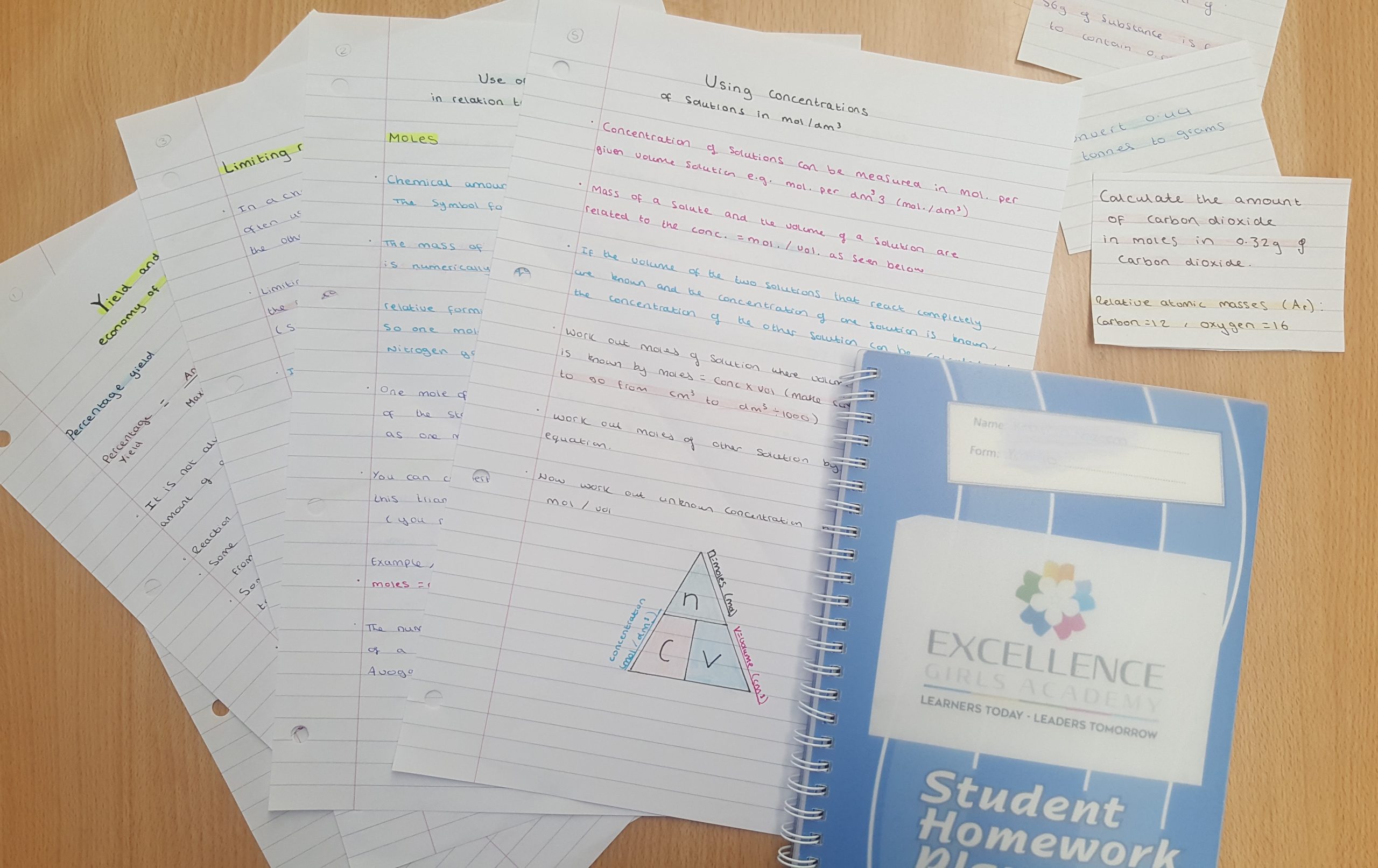
Our Curriculum Impact
To ensure our curriculum delivers its intended impact:
- Pupils’ learning is assessed regularly through the use of quizzes, tests and observational methods. High-quality feedback is provided so that gaps in knowledge can be instantly identified, planned for (by our teachers) and fully addressed (by our pupils) – resulting in deep learning and faster progression.
- Work scrutiny and lesson observation is undertaken regularly by senior leaders.
- Curriculum/subject audits are undertaken regularly to continuously review its impact.
- Our mentoring scheme between staff and students provides opportunities to receive regular student feedback and the identification of support needed.
- Pupil questionnaires are given regularly to allow feedback and suggestions from students about how we can further meet their individual needs and desires.
- Parental feedback is always appreciated and we are open to receive suggestions from parents/guardians about how we can further meet their child’s individual needs and desires.


